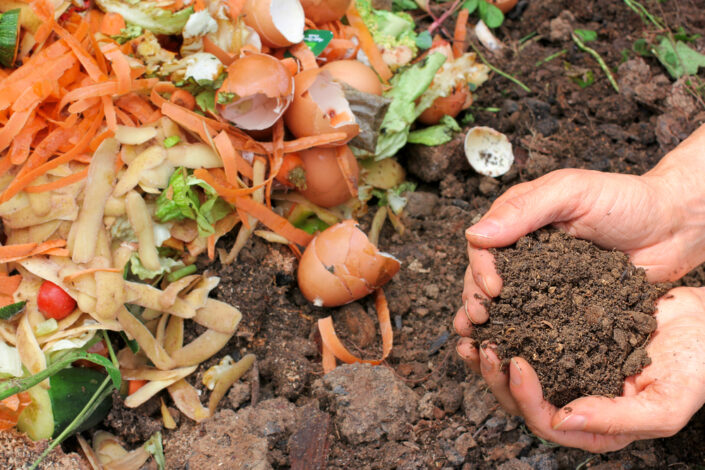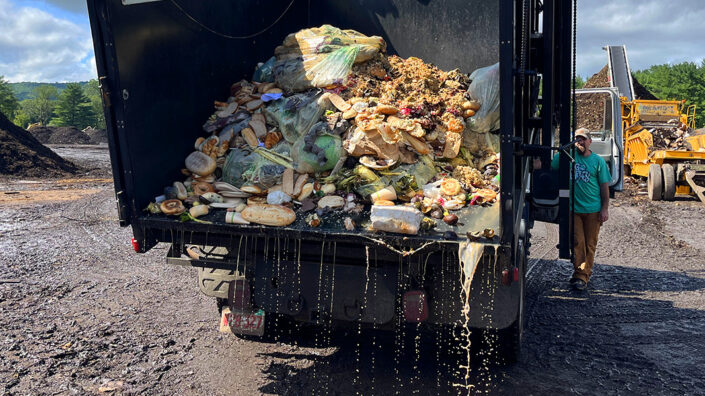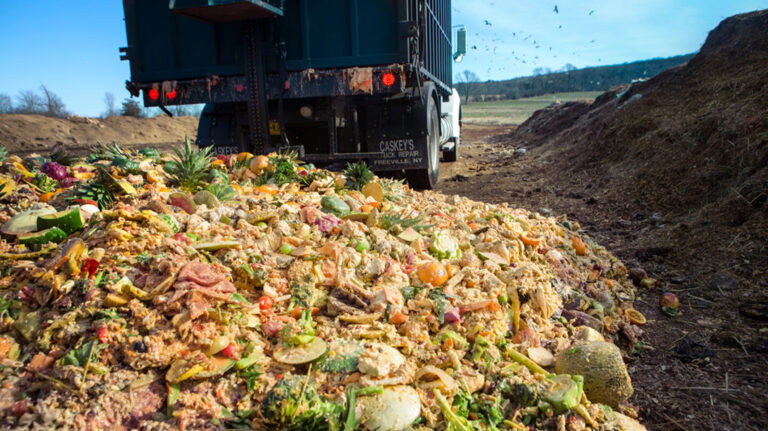Food waste is a growing global problem, but one that can be effectively addressed through the practice of food waste composting. This form of composting not only helps reduce the amount of food going to landfills but also provides many benefits for both people and the planet.
In this article, we explore how composting works, its advantages, and why it should become a more widespread practice in households around the world. We’ll look at how turning food waste into nutrient-rich soil can help improve soil health and combat climate change while providing vital nutrients for local ecosystems.
Finally, we discuss the potential impact that composting could have on reducing hunger levels across developing countries.
Benefits of Food Waste Composting

Food waste composting has several benefits. It is an excellent way to reduce the amount of waste that ends up in landfills, as well as reduce methane emissions from rotting food.
Composting also helps to save money and resources by diverting organic materials away from disposal costs. Additionally, it can help improve soil quality by adding valuable nutrients back into the ground.
Moreover, composting can even have benefits for water conservation since it reduces runoff and erosion due to its ability to bind with soil particles better than other materials such as plastic or metals. Finally, composting can help foster greater biodiversity in gardens and farms since it provides homes for beneficial insects and organisms which are essential for healthy ecosystems.
Challenges Faced in Implementing Composting Programs

Challenges faced in implementing composting programs can include the cost of purchasing and maintaining equipment, making sure that a proper system is in place to store food waste correctly, hiring qualified individuals to manage the program, and educating potential participants. Additionally, ensuring compliance within any given program requires additional effort from those running it as well as outreach initiatives such as social media campaigns or community events.
Finally, establishing an effective composting system depends on having access to adequate resources for implementation and maintenance which may not be available in some areas. All these factors make setting up a successful composting program difficult but also necessary if we are going to maximize its potential benefits for both people and the planet alike.
The Path Forward: Strategies for Effective Composting Usage
The path forward for effective composting usage involves the implementation of strategies and initiatives that can help to better educate people on the importance of composting, while also creating a comprehensive program that provides support and resources. Local governments should provide grants or tax incentives to businesses looking to install compost systems in their premises, as well as set up local collection points for food waste where people can drop off their organic materials.
Additionally, governments should aim to promote educational initiatives such as campaigns aimed at raising awareness about the benefits of composting among citizens. Finally, research into more efficient methods of food waste processing needs to be conducted to make it easier and cheaper for households and businesses alike – this could include exploring new technologies such as anaerobic digestion which can break down organic material without oxygen present or developing further ways to reduce costs associated with setting up a commercial-scale facility.
With these types of efforts implemented across all levels, successful food waste management will become much more achievable within our society.

Conclusion
Composting food waste has significant benefits not only to the environment but also to society. By composting food waste, valuable resources are conserved, greenhouse gas emissions are reduced and nutrient-rich fertilizer is created for local farmers.
Hass Thailand is a great example of how an organization can become part of this eco-friendly movement by taking action toward reducing its environmental impact. As more people recognize the importance of composting food waste, it will become easier for us all to create a sustainable future together.

